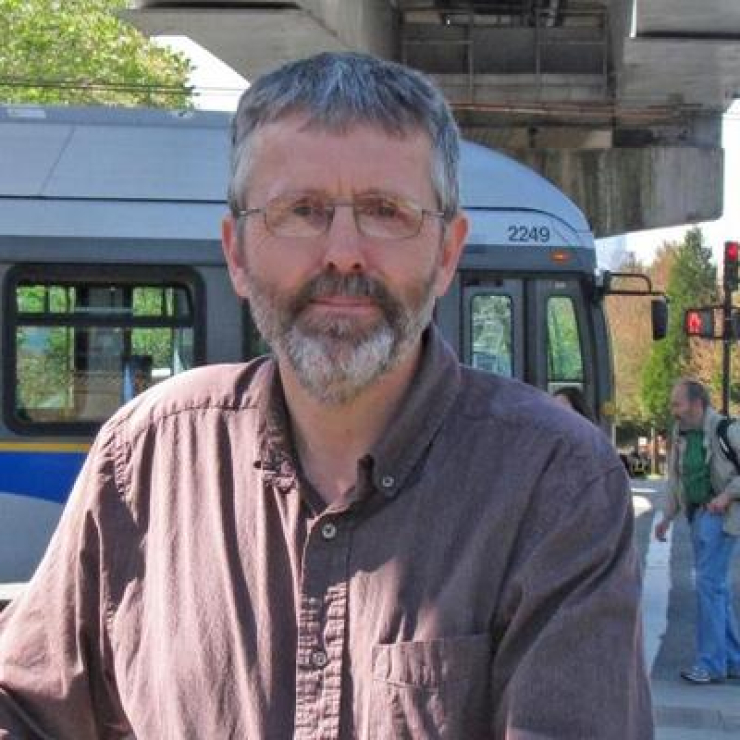Eric Doherty

About Eric Doherty
Eric Doherty is a Victoria-based transportation planning consultant and president of Ecopath Planning. He completed a wide range of projects for non-profit, public, and private sector clients.

Eric Doherty is a Victoria-based transportation planning consultant and president of Ecopath Planning. He completed a wide range of projects for non-profit, public, and private sector clients.
